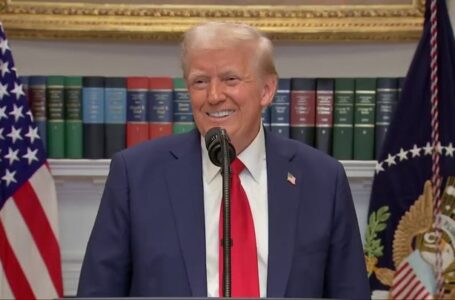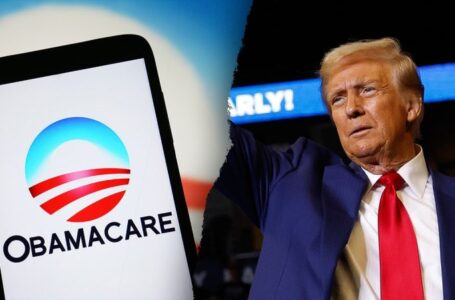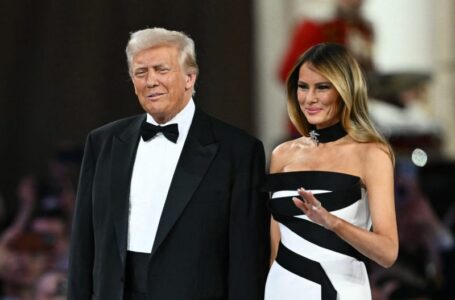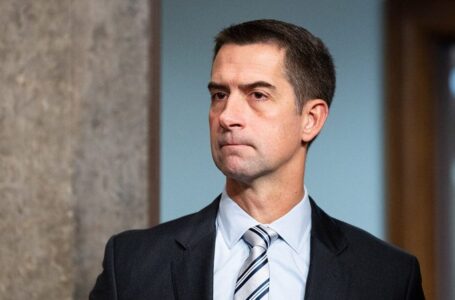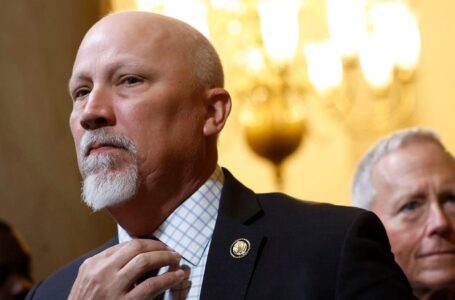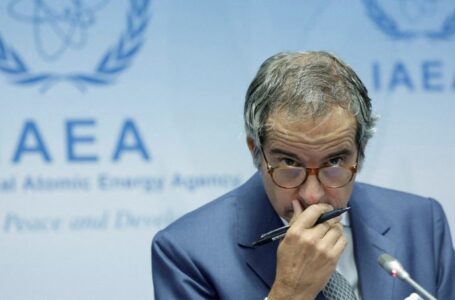More than 32,000 displaced as violence spirals in Colombian drug trafficking region
South Korean president takes up golf again to prepare for Trump’s second term
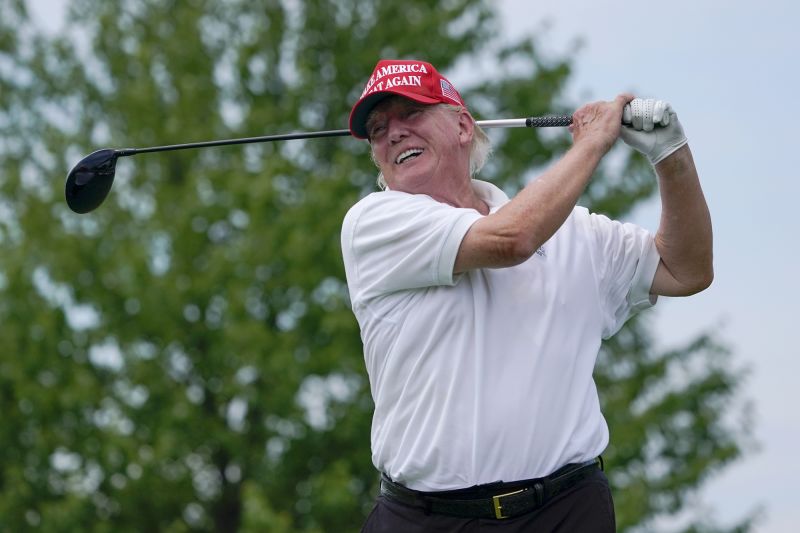

As countries around the globe prepare for a second Trump presidency, one world leader is teeing up a carefully calibrated diplomatic strategy.
It said Yoon had done so “following the advice of those around him,” but declined to say when the president practiced golf.
Since Donald Trump reclaimed the White House last week, he has maintained a frenetic schedule as world leaders call to congratulate and court the incoming US leader, with analysts scrutinizing who will clinch a first meeting.
Trump visited more golf courses than any recent president during his first year in office in 2017, spending weekends at his properties in Florida, New Jersey and Virginia, sometimes bringing lawmakers or business leaders with him.
Japan’s late leader Shinzo Abe famously presented gold-plated golf clubs to a newly-elected Trump during a visit to his Manhattan tower in November 2016. The two leaders also golfed together in Florida and Japan.
During his last presidency, Trump met several times with then-South Korean President Moon Jae-in and held rocky talks with North Korean leader Kim Jong Un – meeting him in a series of unprecedented summits, and boasting that the two had fallen “in love.”
Back then, golf also featured in the bilateral relationship. During a 2017 visit to South Korea, Trump told local lawmakers that “Korean golfers are some of the best on Earth.” He piled on the praise for Korea’s affinity for golf, noting that “eight of the top 10 players were from Korea and the top four golfers – one, two, three, four – the top four were from Korea.”
But Trump will return to a very different picture on the Korean Peninsula.
There is rising alarm among the US and its allies about Kim and the threat posed by his regime, especially after the talks Trump held during his last presidency collapsed without agreement in a major snub to North Korea’s leader.
And in South Korea, Yoon’s conservative government – which took office in 2022 – has emerged as a strong US partner in ramping up deterrence against North Korea, meaning they’re unlikely to encourage Trump to meet with Kim without a clear path to Pyongyang’s denuclearization.
Meanwhile, North Korea’s relationship with Russia has blossomed. Pyongyang is believed to have sent thousands of troops and tons of munitions to Russia as Moscow wages war on Ukraine, in what Western leaders see as a major escalation.
Another potential headache for Yoon once Trump is in office is the future of the 28,500 US troops in South Korea.
Advocates argue that a significant US military presence in the Korean Peninsula is crucial to strengthening the alliance between the two countries. The troops serve as both a means to deter any potential attack from North Korea and to counter China’s aggression.
But Trump, who has long viewed Washington’s treaty obligations in more transactional terms, has repeatedly said he does not think South Korea is paying enough for those soldiers.
Before Trump’s victory, the two countries last month reached a tentative new five-year cost-sharing agreement for American forces based in South Korea, in a deal aimed at safeguarding the long-running alliance ahead of the US election.


